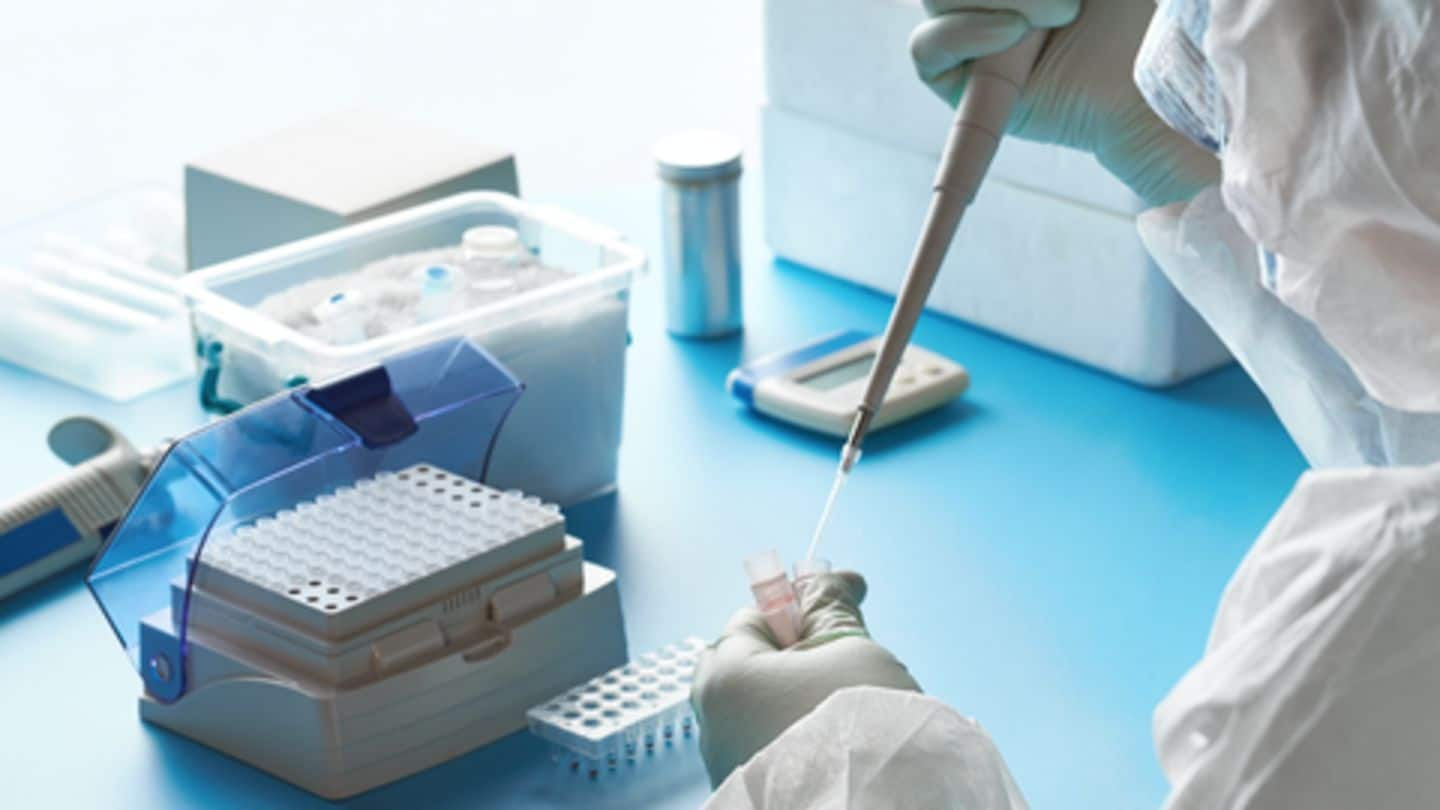
Doctors should watch out for COVID-19 'false negatives', researchers warn
What's the story
From India to the US, countries are trying extremely hard to contain the novel coronavirus pandemic. They are aggressively focusing on testing potential cases, isolating them (if positive), and tracing and quarantining all their close contacts. But, the thing is, all this effort could go in vain due to certain COVID-19 'false negatives' scientists are warning about. Here's all about it.
False negatives
So, what is a COVID-19 false negative
When a person is confirmed to be infected by COVID-19, it is said to be a COVID-19 positive case. If not, that is a COVID-19 negative case. However, scientists have warned that, in some rare cases, a person who is actually infected by the novel coronavirus could also test as negative. Now, this is a false negative.
Study
Chance of false negative result greater than 1 in 5
Much like other countries, India is also using RT-PCR tests to diagnose and isolate infected individuals. It uses a person's respiratory sample to detect SARS-CoV-2 particles and is considered one of the most reliable diagnostic tools for COVID-19. But, just recently, a study by researchers at John Hopkins found that the chance of a false negative result is greater than 1 in 5.
Factor
Test timing appears to affect result accuracy
The researchers noted in the study that the timing of the test appears to have a direct effect on the accuracy of the results. They discovered that the average probability of a false negative result decreases from 100% on day 1 of being infected to 67% on day 4 and 20% on day 8. After that, the probability starts increasing again.
Information
Probability goes up to 66% by day 21
According to the research, the average probability of testing false negative goes up from 21% on day 9 to 66% on day 21. The data was curated from seven previously published studies on the performance of RT-PCR tests, the Hopkins team said.
Need
Caution should be used while interpreting negative results
Owing to the results, the researchers advised doctors to exercise caution and consider the timing of the test while interpreting negative results, especially for individuals likely to have been exposed or who have symptoms consistent with COVID-19. If these rare false negatives are ignored and not quarantined, they could infect healthy individuals, hitting any nation's response against COVID-19.